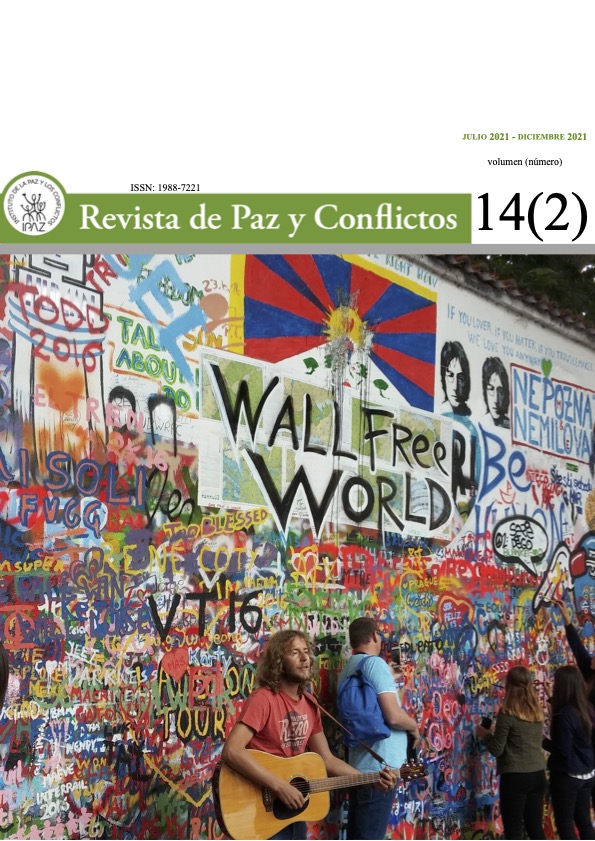Un enfoque teórico-legislativo del conflicto escolar: hacia nuevos modelos de gestión
DOI:
https://doi.org/10.30827/revpaz.v14i2.21186Abstract
Education maintains a high socializing value on the whole of citizenship. Today, interacting in an increasingly diverse environment makes conflict prevail as a way of life and progress. Therefore, learning to teach dialogic skills not only becomes a challenge for educational administrations, but also a commitment for the teaching sector specialized in planning programs. The present work takes its precedent in a school in Valencia, where conflictive situations are manifested that hinder the process and that confirm the need to be addressed and resolved. The objective has focused on analysing the limiting factors of school coexistence with the intention of verifying suitable practices and strategies for non-violent collaboration. The methodology used has been qualitative, participatory action research has been applied and the inductive method has been used to seek explanations for the problematic reality. A theoretical-legislative documentary review has been carried out: first, exploring national and international databases of social sciences, health sciences and education; second, compiling different organic laws, royal decrees and decrees of the autonomous community (Valencian Community). Among its results, the requirement to obviate punitive models and promote restorative pedagogies for coexistence management is verified. In addition, there is an appeal to include the conflict in the formal curriculum of primary education. As the main conclusion, it is considered essential that the administration prescribe a realistic didactic itinerary for teacher training in its ambition to educate from a positive conflict management model.
Downloads
Downloads
Published
How to Cite
Issue
Section
License
Esta obra está bajo una licencia internacional Creative Commons Atribución 4.0.














